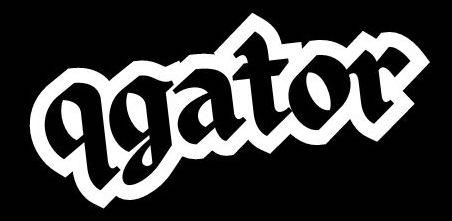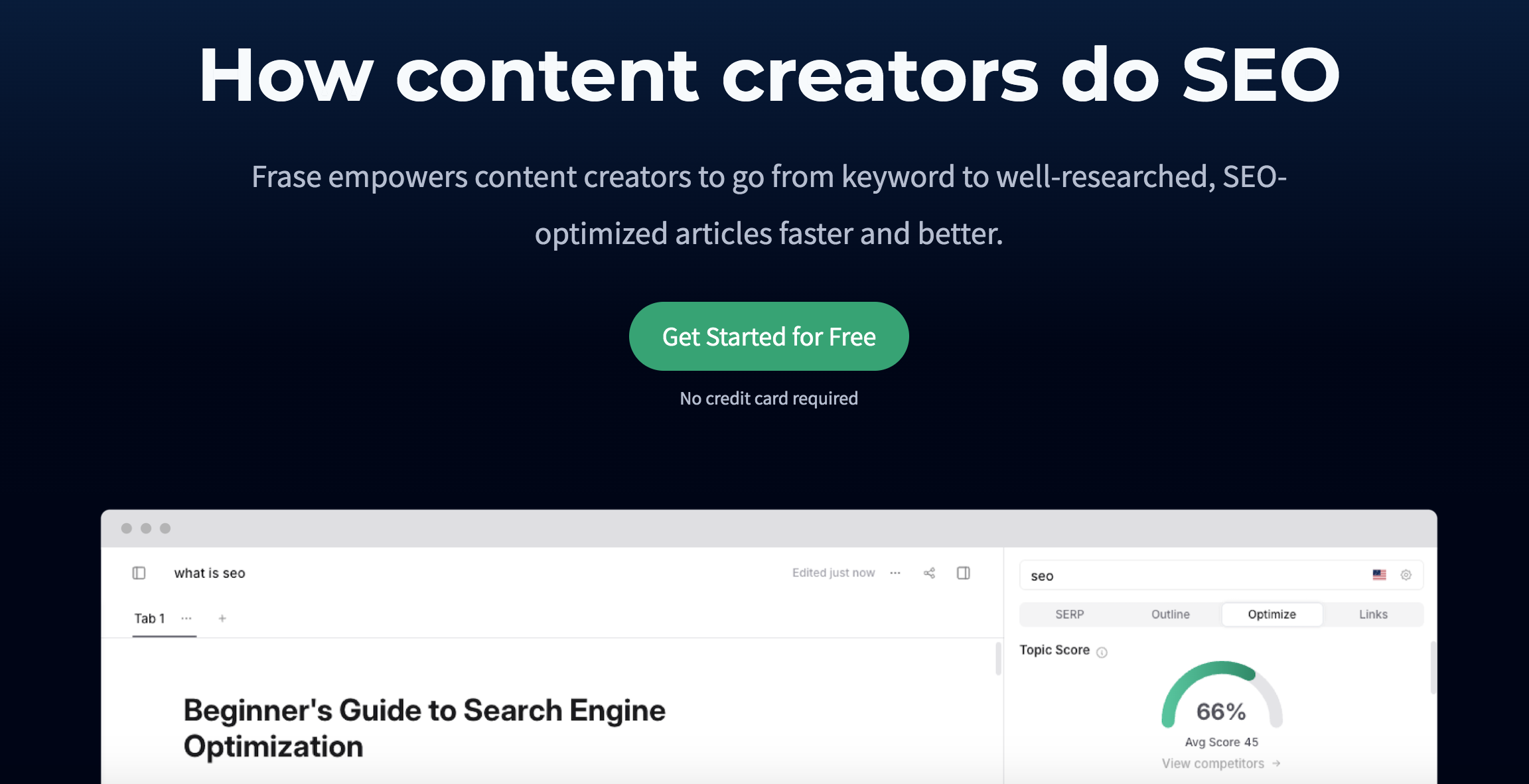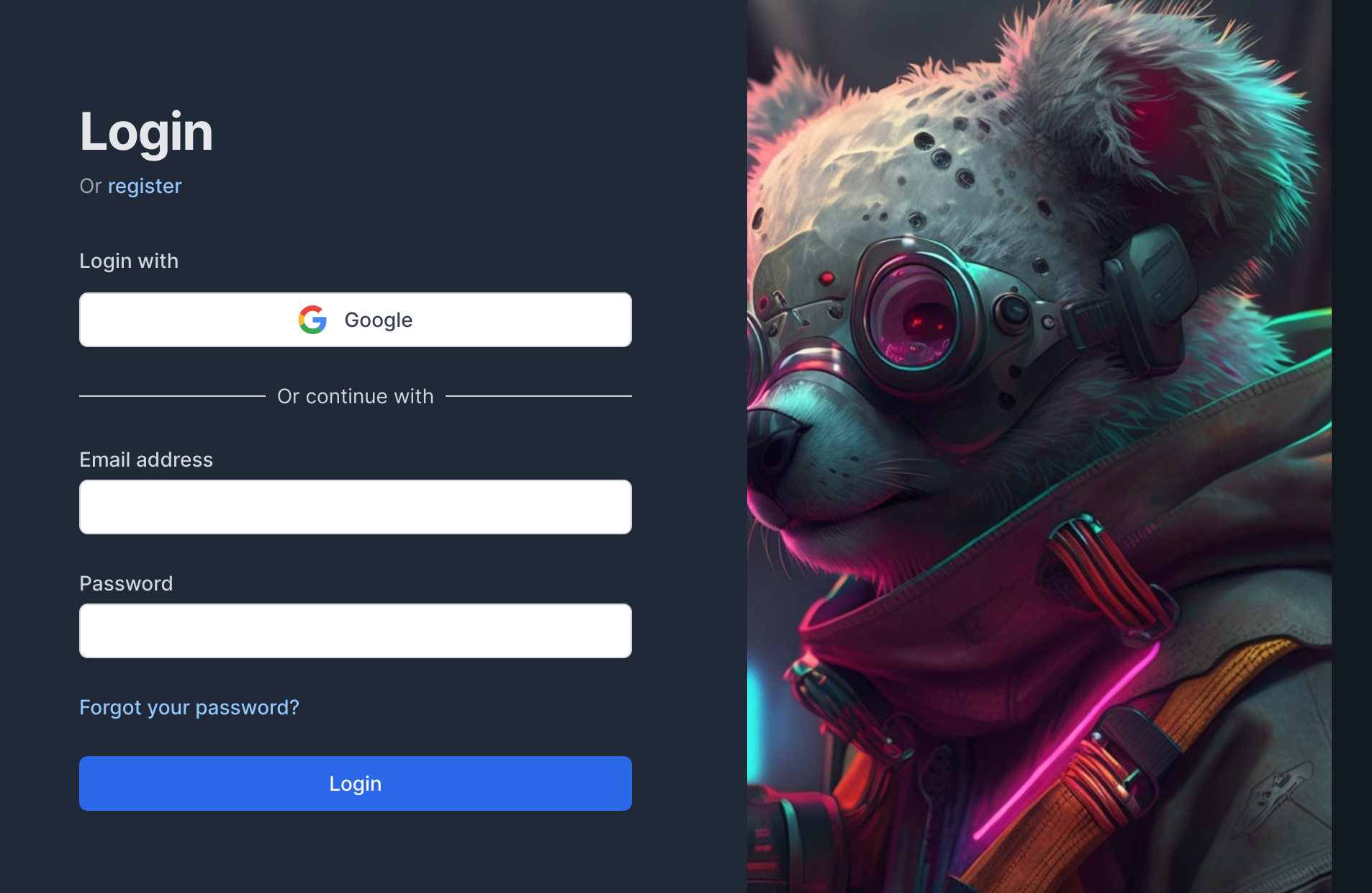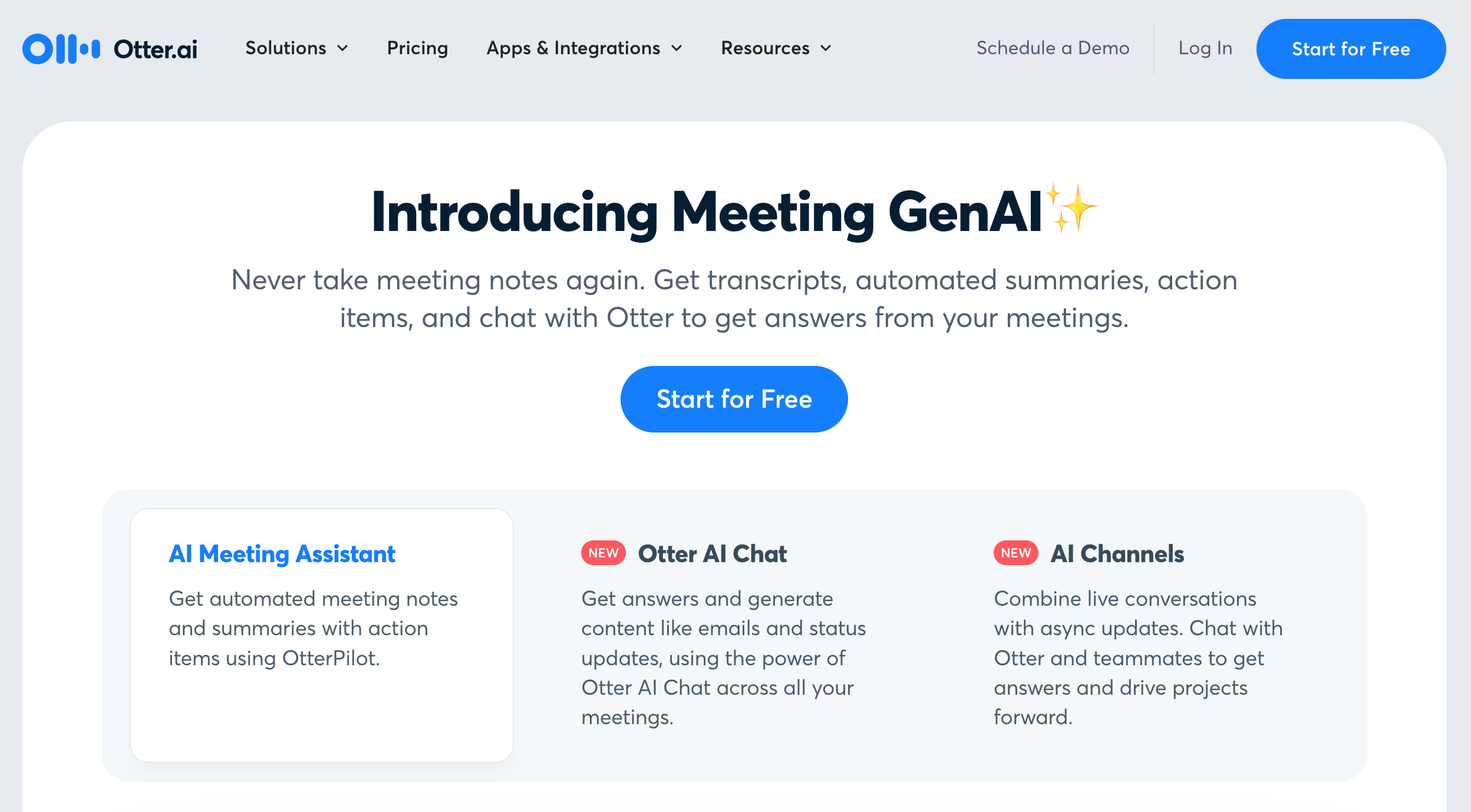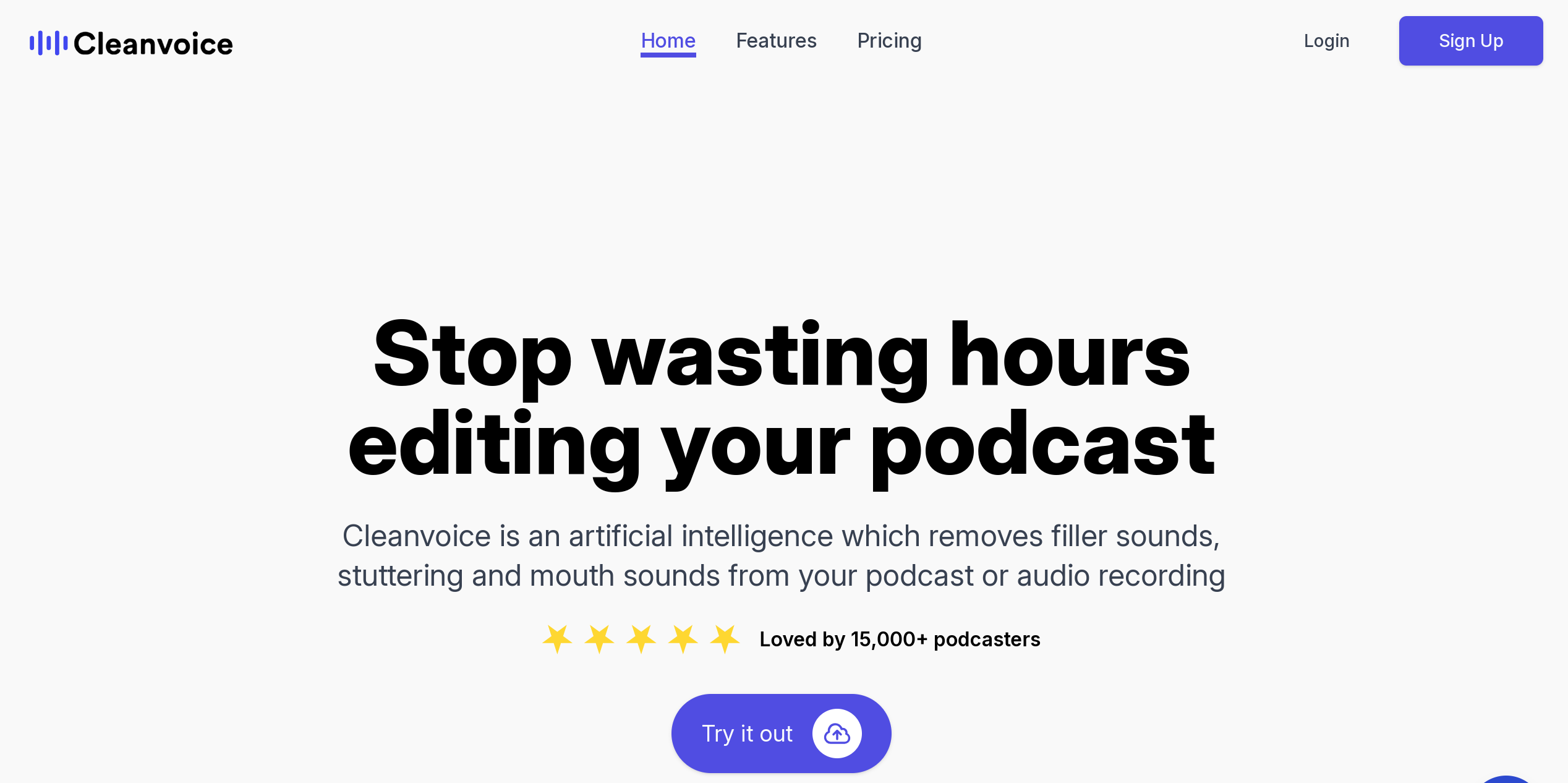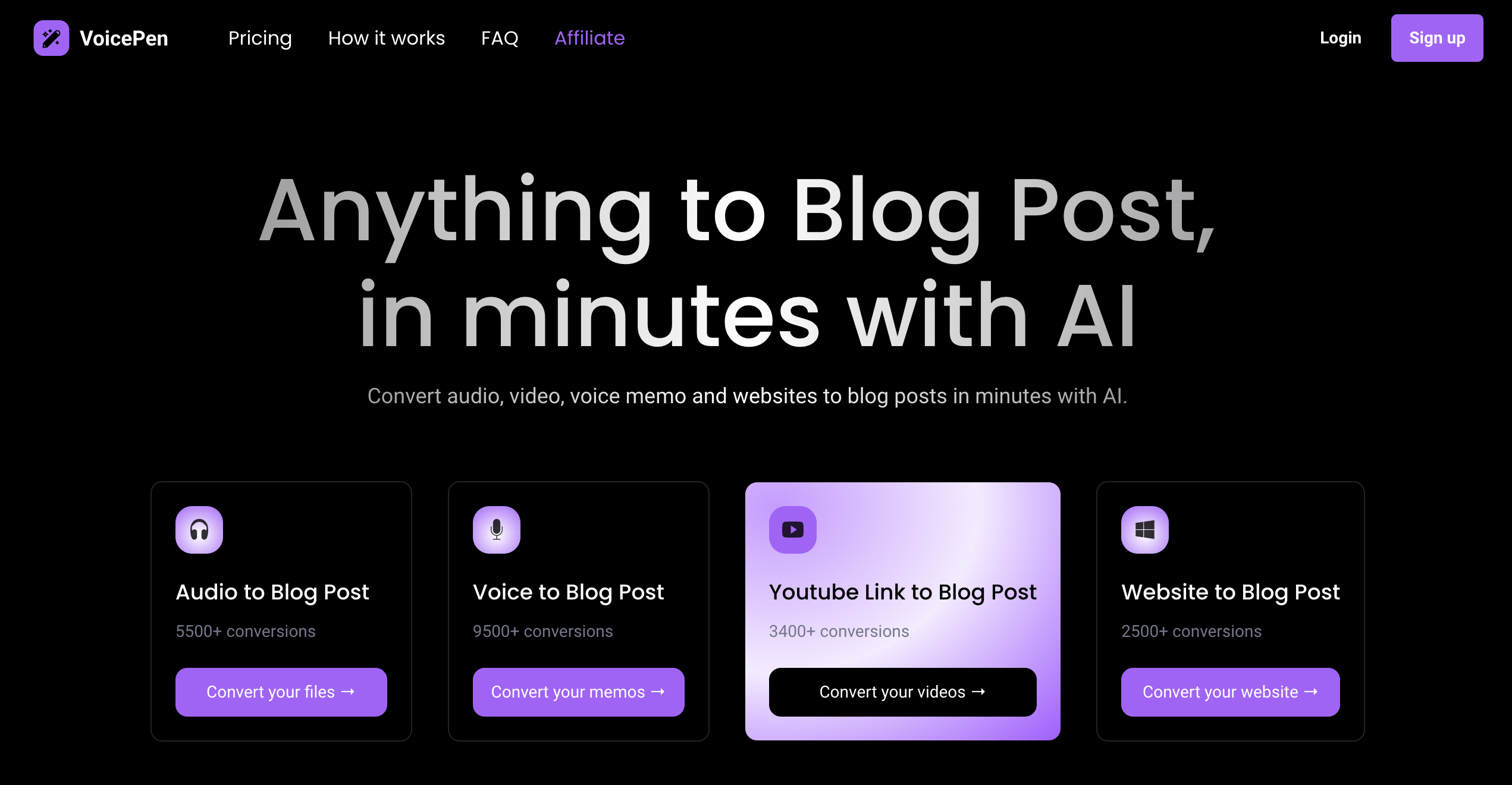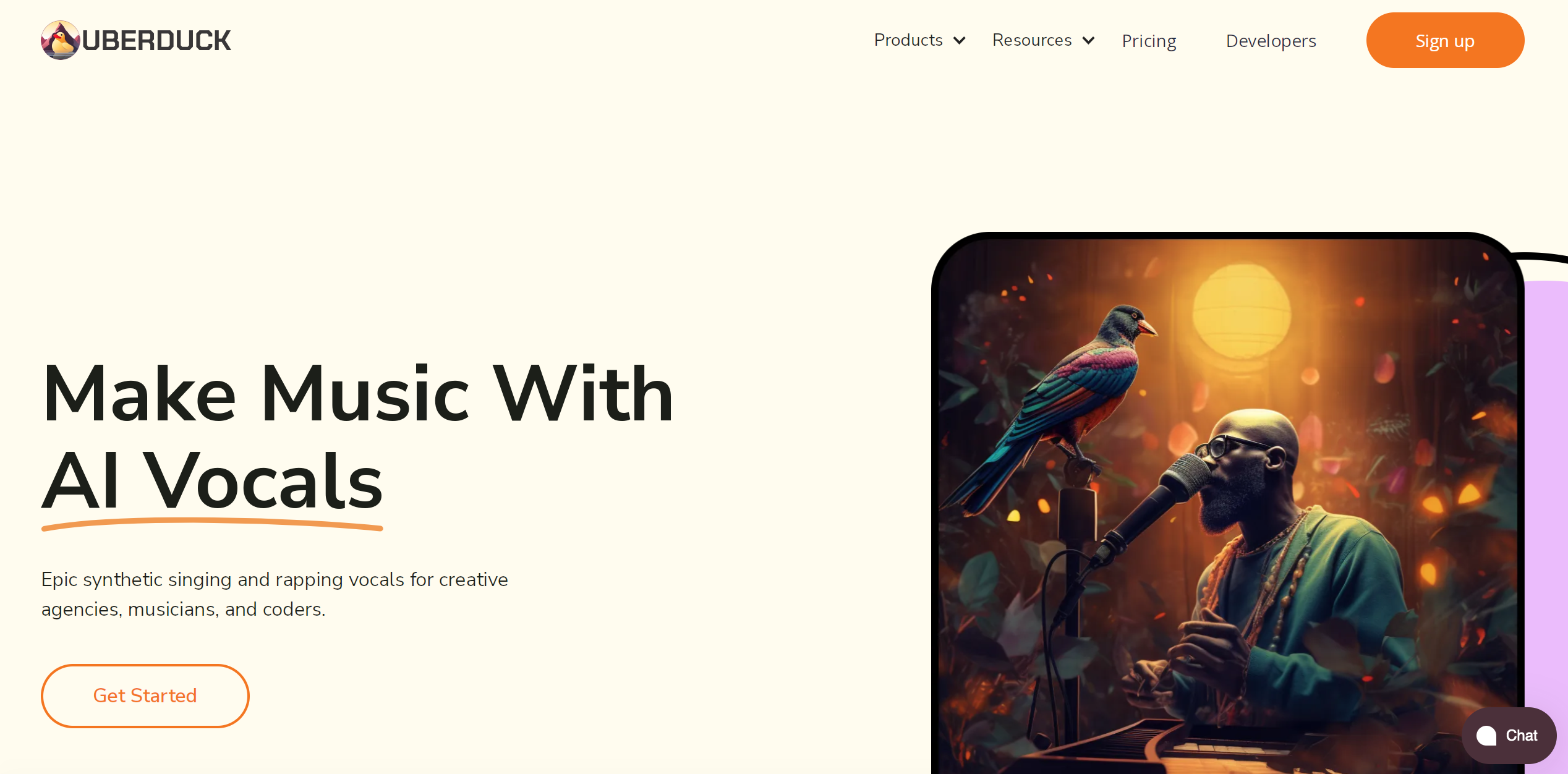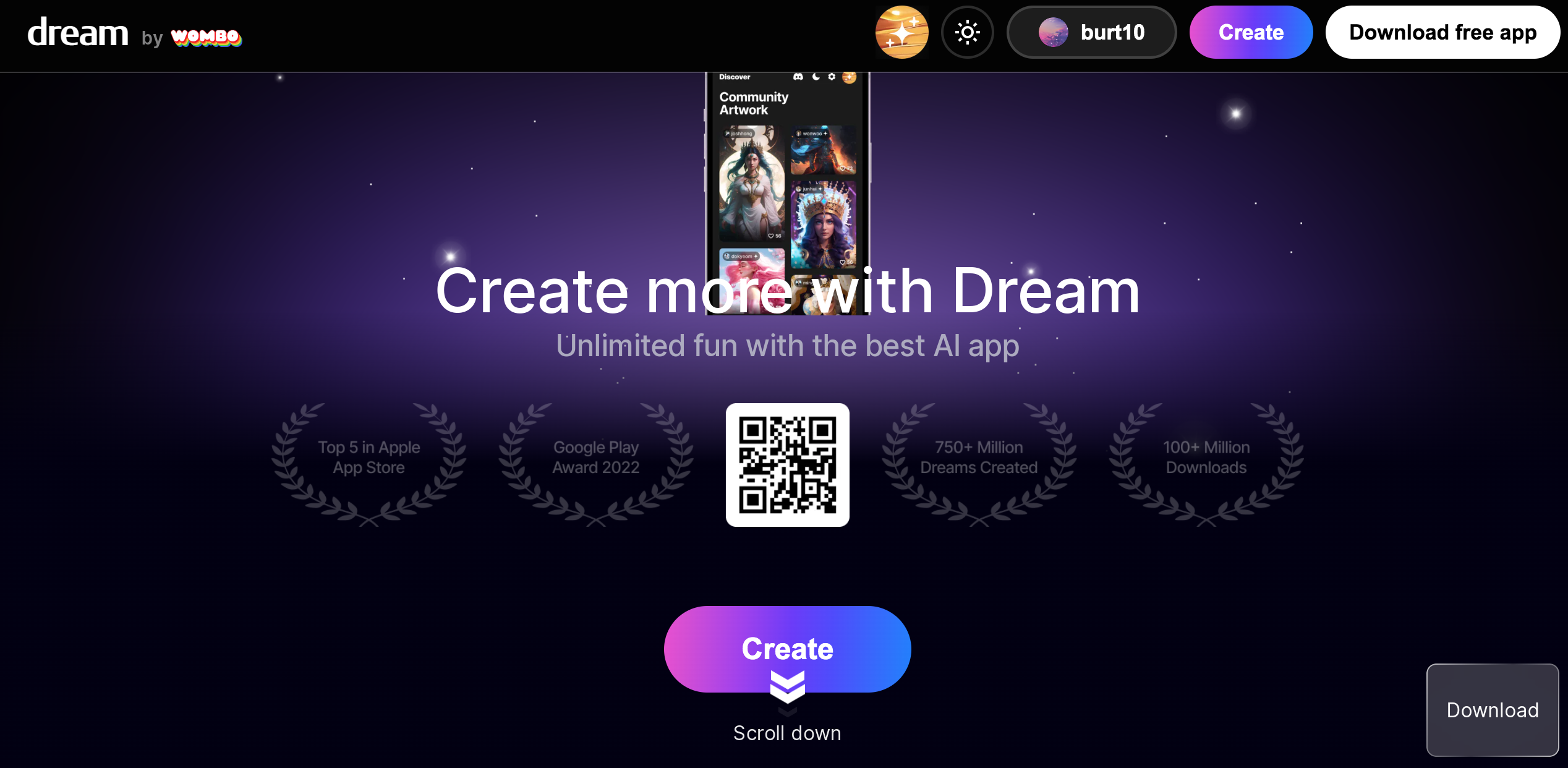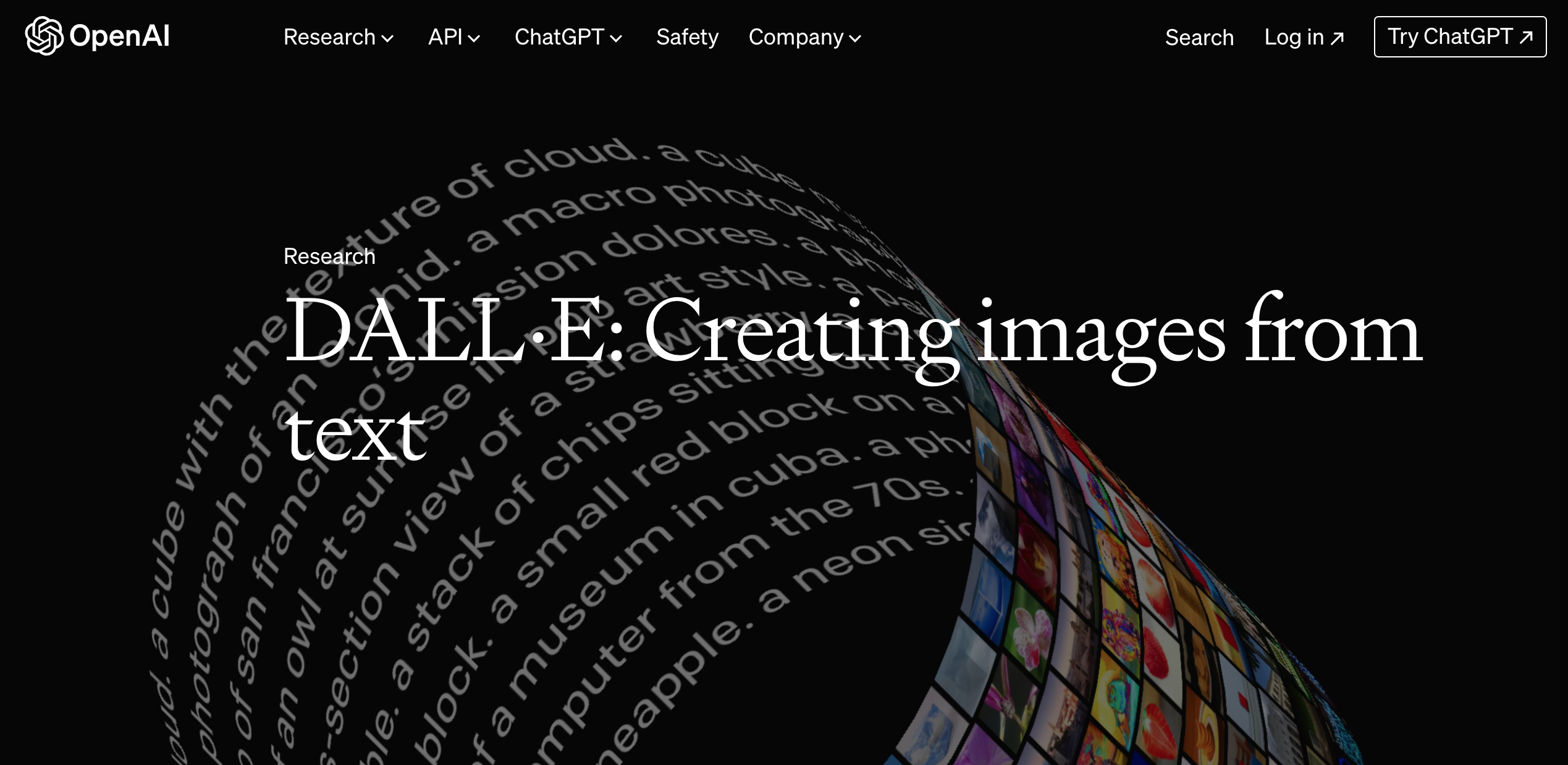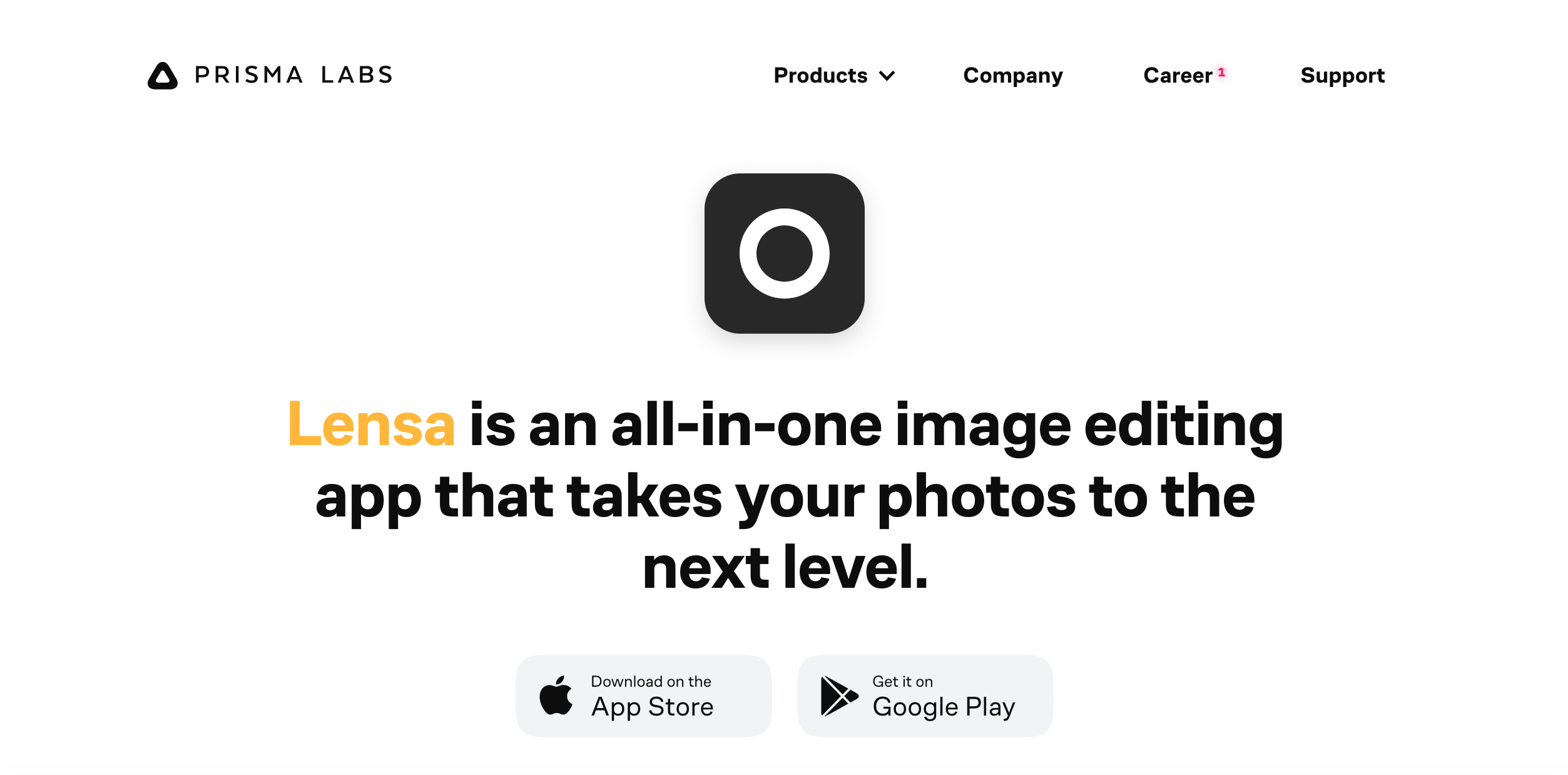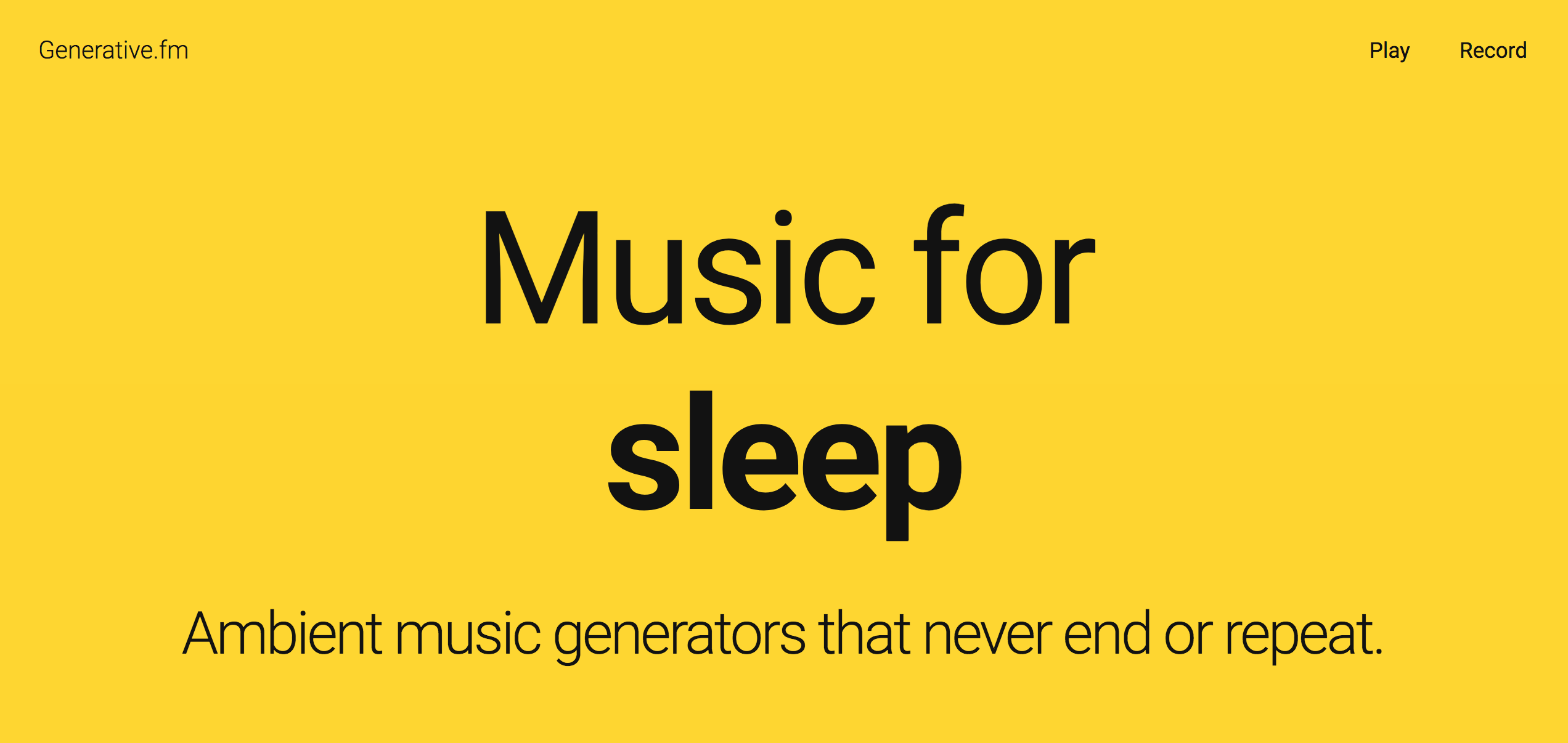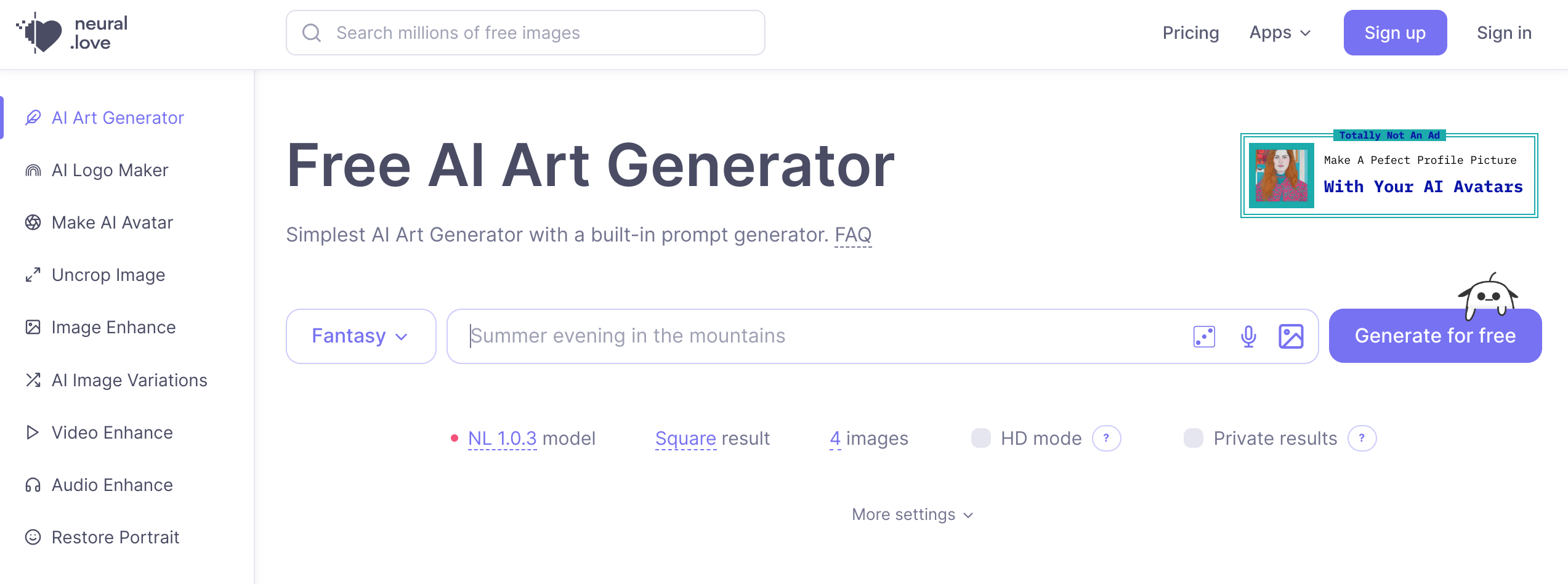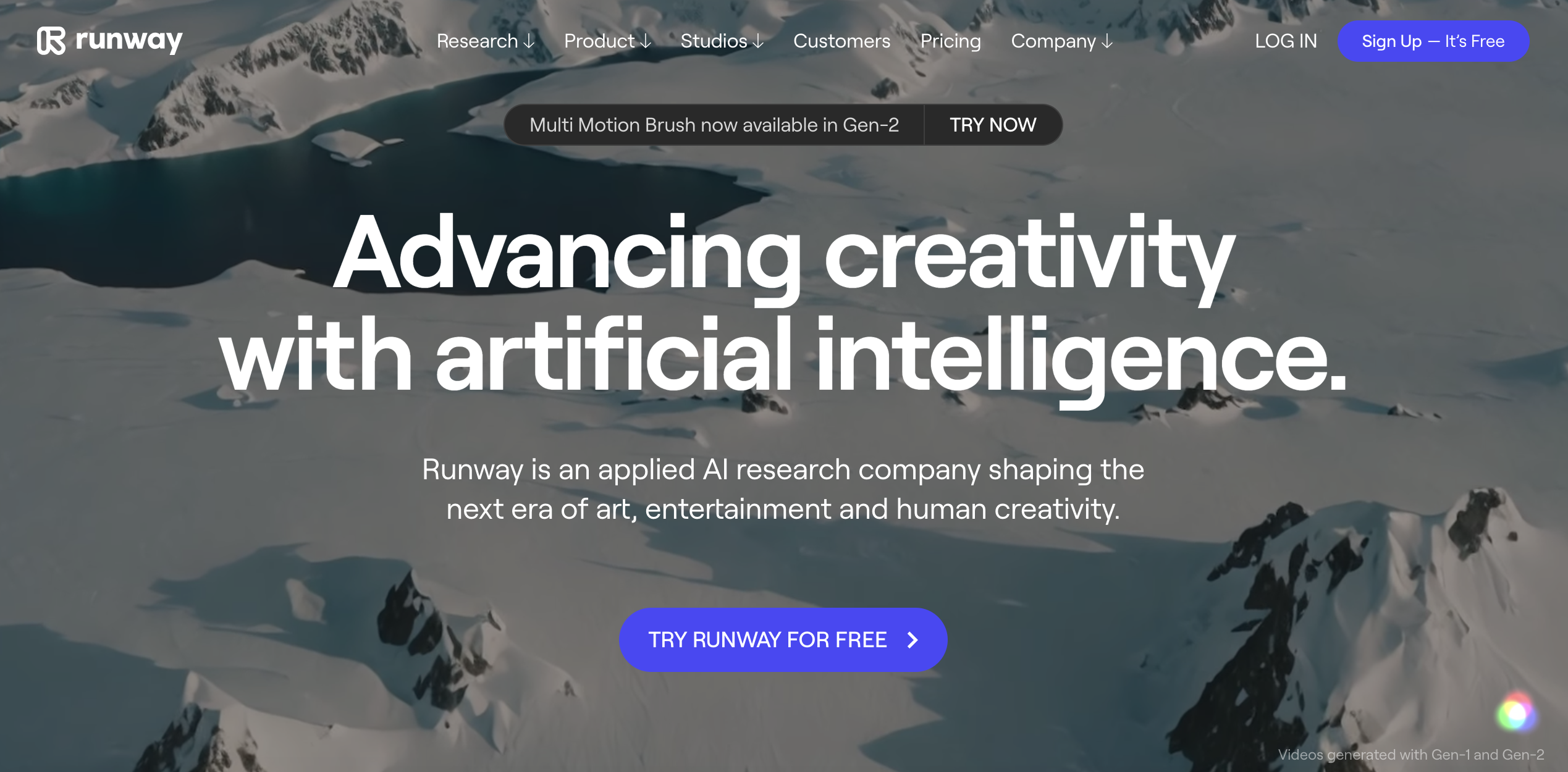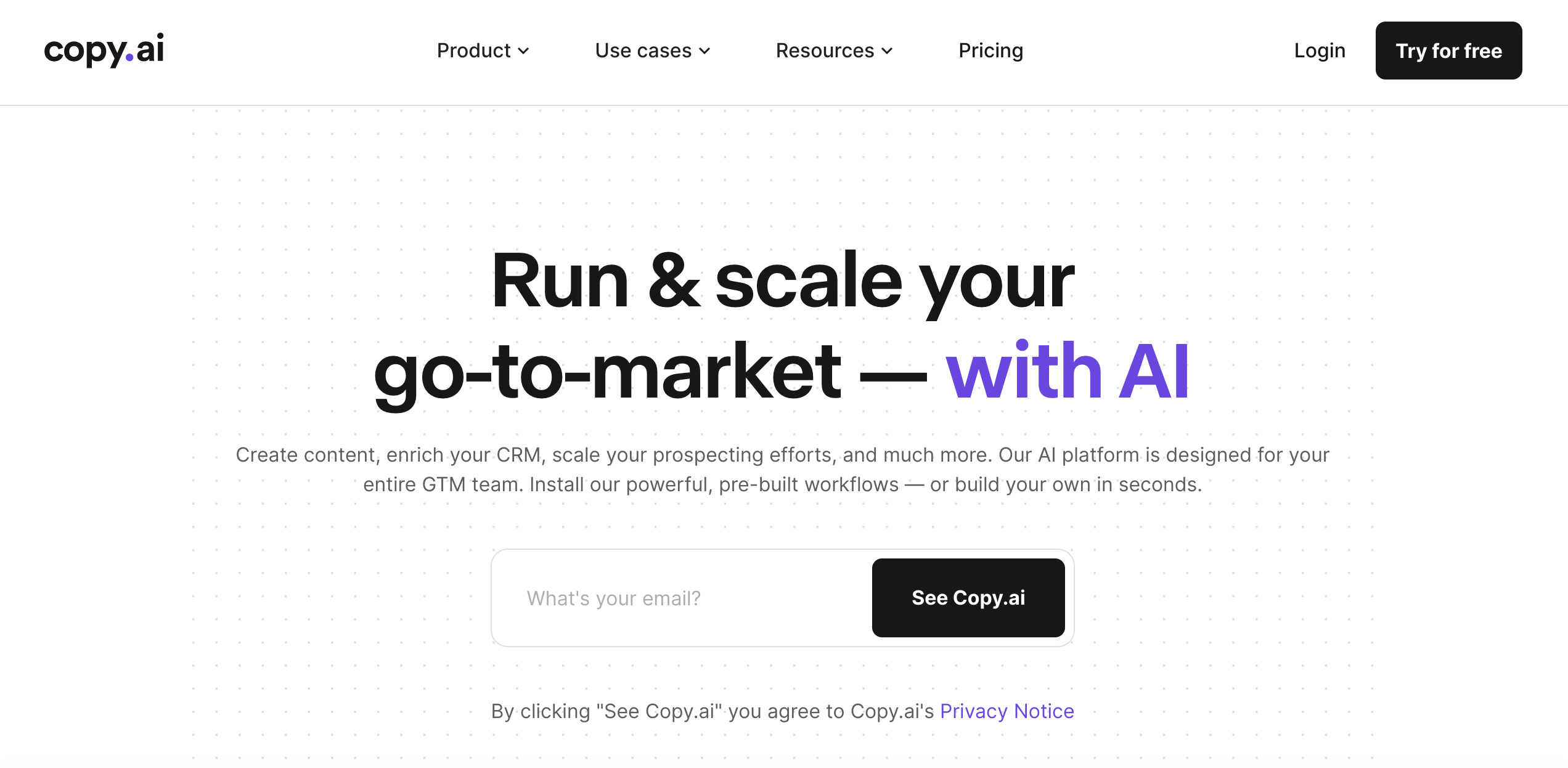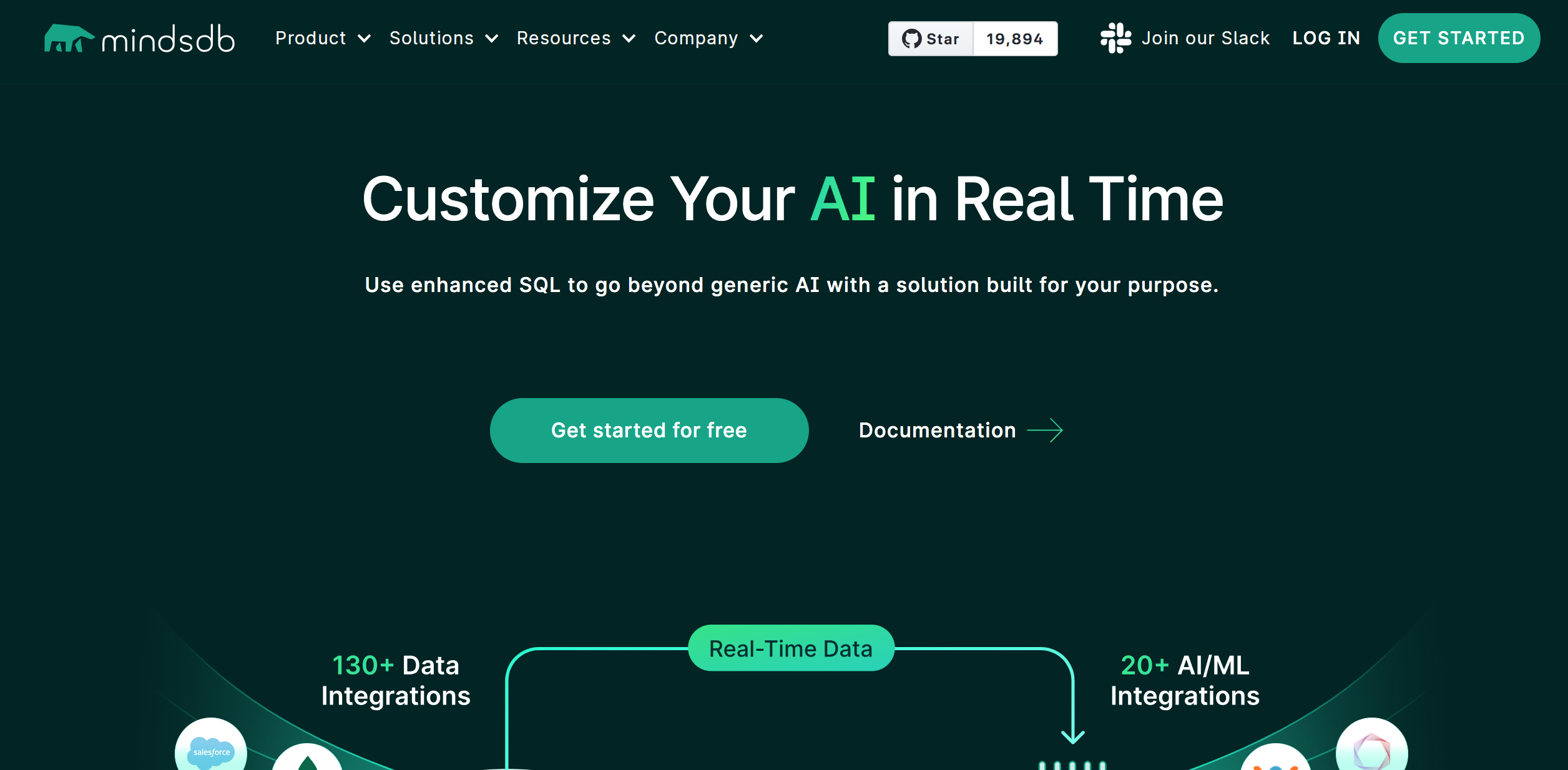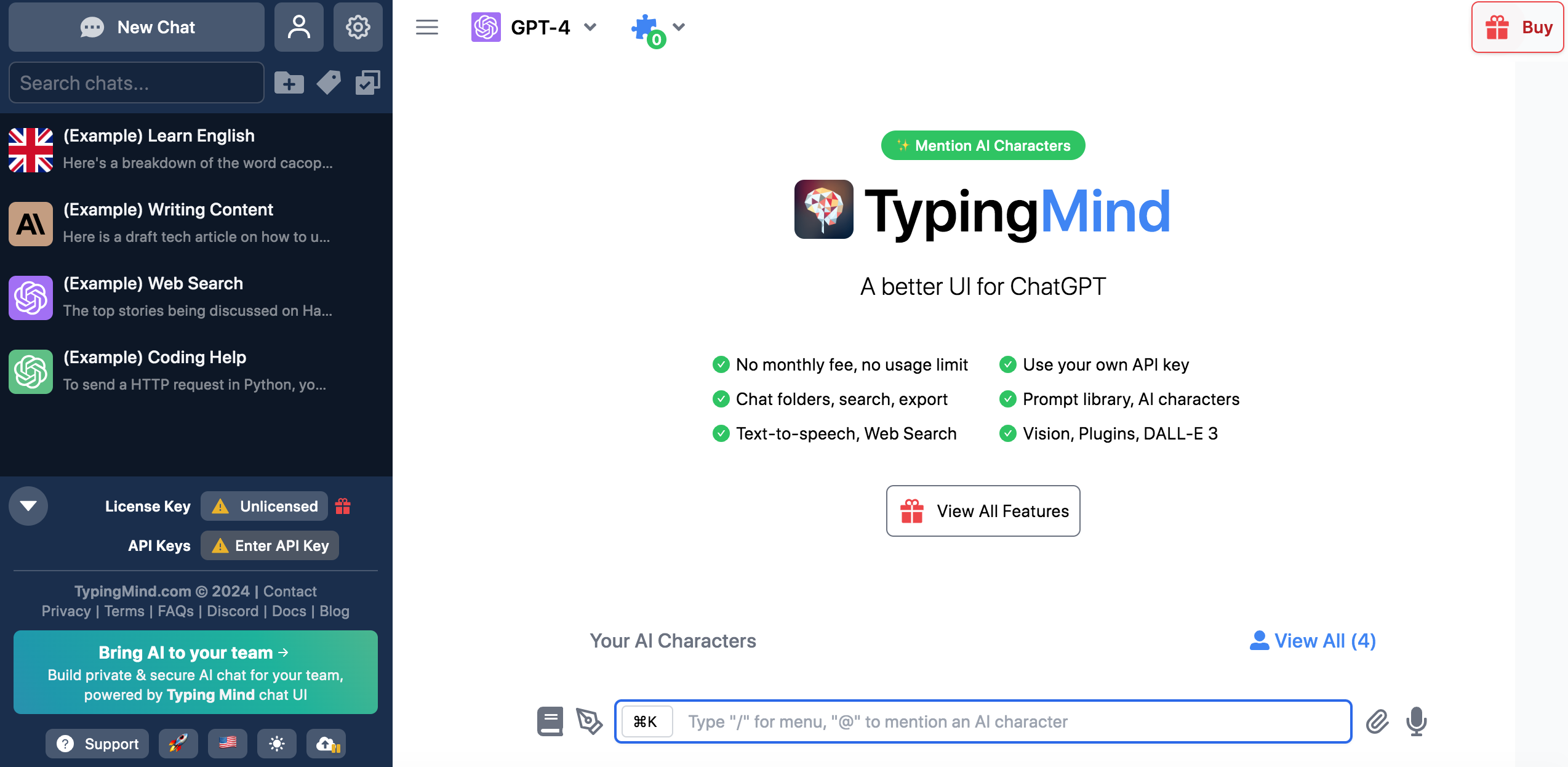I. Introduction
Ocean Protocol is a decentralized data exchange protocol that enables users to share and monetize data in a secure, transparent, and privacy-preserving way. Launched in 2018, Ocean Protocol has quickly gained attention from businesses, developers, and researchers as a platform that empowers data owners to control their data, unlock its value, and promote data sharing and collaboration.
II. What is Ocean Protocol?
Ocean Protocol is a blockchain-based protocol that allows individuals and organizations to publish, store, and consume data while maintaining full control over their data. The platform uses advanced cryptographic techniques such as homomorphic encryption, zero-knowledge proofs, and multi-party computation to ensure that data is secure, private, and tamper-proof.
The Ocean Protocol ecosystem consists of several components, including:
- Ocean Marketplace: a decentralized platform that enables data providers to publish and monetize their data assets, and data consumers to access and purchase them using Ocean tokens.
- Ocean Compute-to-Data: a service that allows data providers to share their data without exposing it to the users, thereby preserving data privacy and confidentiality.
- Ocean Wallet: a digital wallet that stores Ocean tokens and allows users to manage their transactions on the Ocean Protocol network.
- OceanDAO: a community-driven initiative that supports the development and growth of the Ocean Protocol ecosystem by funding promising projects and ideas.
III. How does Ocean Protocol work?
Ocean Protocol uses a unique approach to data sharing and monetization that puts data owners in control of their data. Here’s how it works:
- Data providers publish their data assets on the Ocean Marketplace by creating a datatoken, a cryptographic asset that represents a particular dataset or data service.
- Data consumers can access and purchase these datatokens using Ocean tokens, which they can acquire from cryptocurrency exchanges or earn by contributing to the Ocean Protocol network.
- Once a data token is purchased, the data consumer can access the corresponding data asset through the Ocean Compute-to-Data service, which uses advanced cryptographic techniques to ensure data privacy and confidentiality.
- Data owners receive Ocean tokens as compensation for sharing their data assets, which they can use to purchase other data assets, stake on the network, or exchange for other cryptocurrencies.
IV. Pros of Ocean Protocol
- Decentralized and secure: Ocean Protocol is built on blockchain technology, which ensures that data is stored and shared in a secure and transparent way. The platform uses advanced cryptographic techniques to protect data privacy and confidentiality, making it an attractive option for businesses and organizations that deal with sensitive data.
- Data ownership and control: Ocean Protocol empowers data owners to control their data and decide who can access and use it. This gives data owners more flexibility and control over their data assets and ensures that they are fairly compensated for sharing their data.
- Monetization: Ocean Protocol enables data owners to monetize their data assets by allowing them to set their own prices and receive Ocean tokens as compensation. This provides a new revenue stream for businesses and organizations and promotes data sharing and collaboration.
- Open and extensible: Ocean Protocol is an open-source protocol that can be extended and customized to meet the needs of different industries and use cases. This makes it a versatile platform that can be adapted to different applications and scenarios.
V. Cons of Ocean Protocol
- Ocean Protocol is still in its early stages and it may take some time to see significant adoption and use cases.
- The complexity of the platform may be overwhelming for some users, especially those who are not familiar with blockchain technology.
- The governance structure of Ocean Protocol may not be transparent enough for some users, as decisions are made by a small group of stakeholders rather than a wider community.
Conclusion:
Overall, Ocean Protocol is a promising platform that is leading the way in the development of decentralized data marketplaces. Its focus on data privacy and ownership, along with its unique architecture, make it a valuable tool for businesses and individuals looking to securely share and monetize data. While there are some concerns around its complexity and governance structure, the team behind Ocean Protocol is actively working to address these issues and continue to improve the platform. As such, we believe that Ocean Protocol has the potential to play a significant role in the future of the data economy.
